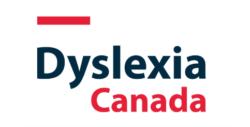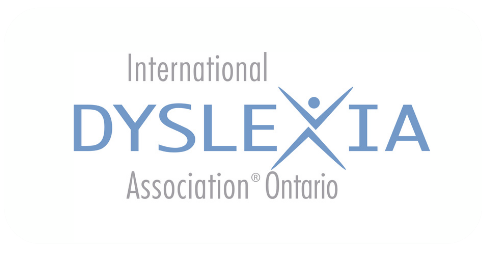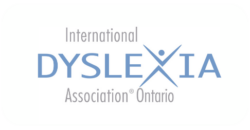Alphabetics (phonemic awareness and phonics) were key elements of effective, evidence-based reading instruction identified in the National Reading Panel. 20 years after the release of the report of the panel, Dr. Susan Brady summarized Panel findings, and highlighted key findings from research after its release.
This book is an excellent, reader-friendly resource for kindergarten teachers and Early Childhood Educators. While infant and toddler development takes place before the Ontario curriculum kicks in, the authors are American. Their recommendations for preschoolers generally align with the age of our Year 1 kindergarten […]
This video demonstrates how to pronounce letter sounds when teaching reading. When children are learning to read, they need to blend sounds as they decode. Teachers need to ensure that the sounds they are modelling are sounds that can be blended. Blendable Letter Sounds Song […]
In this brief video from Reading Universe, Morgan Walton highlights a quick teaching tip to remind students to “clip” the schwa sound off phonemes when pronouncing sounds.
Fostering partnerships between school and home is key to supporting strong student outcomes. Jenni vanRees and other educators at Blue Heron Public School (WRDSB) have created this collection of materials to support a home reading program aligned with structured literacy and the science of reading. […]
BEE for Reading is speech to print program created and piloted in Greater Essex County District School Board (GECDSB) kindergarten classes. The program in its entirety consists of a manual, lesson slide decks, sound wall materials, centre activities, and home connections. The full program daily […]
It can be challenging to navigate the many subtests that can be used in universal screening! Skilled reading involves the integration of many subskills. This chart can be used to identify the most pressing need for instruction. For older students – start at the top […]
With a new curriculum, there are lots of new terms for both educators and families to navigate. This glossary contains high-level explanations for many terms used in the Language curriculum, with the goal of supporting partnerships with school and home.
This book is a fantastic resource aligning closely with much of the new Ontario Language Curriculum and reinforcing how assessment can inform our instruction and interventions in order to best help students succeed in literacy. It’s valuable learning for classroom educators, those working in coaching/consulting […]
In this episode, host Kate Winn welcomes Dr. Sonia Cabell for a candid discussion about five key research-based elements of early language and literacy instruction for young children.
This facilitator’s guide is designed to assist professional learning communities (PLCs) in applying evidence-based strategies to help K-3 students acquire the language and literacy skills needed to succeed academically. This document is a support for educators watching the IES videos of foundational language and literacy […]
The Knowledge and Practice Standards define the knowledge and skills that all teachers of reading should possess to teach all students to read proficiently. These competencies can be used to guide professional development for educators.




